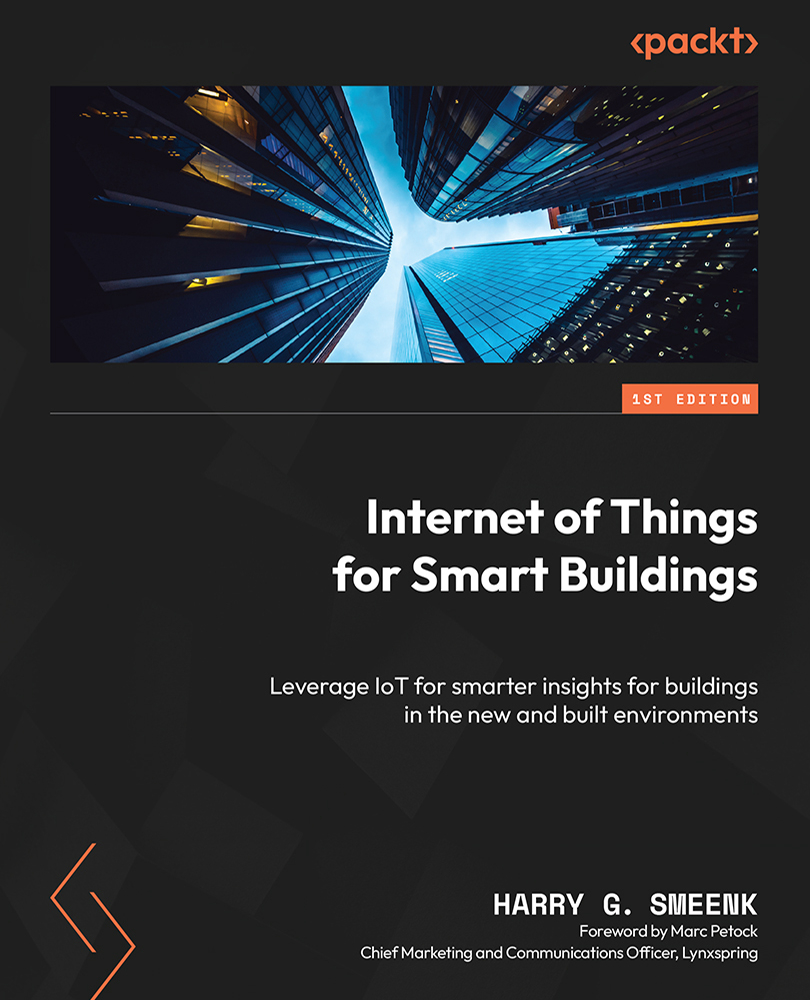Lighting systems
For many buildings, the transition to a smart building usually begins with the lighting system. Immediate and significant results can be achieved with reasonable investments in lighting systems, and therefore, they tend to be an easier decision for building owners and operators. Most of the other building systems are scheduled-based systems, often still running when no one is using the building. Smart lighting systems can be occupant-driven and better utilized when occupied or unoccupied.
Smart building lighting systems typically begin by converting to using LED systems and lamps, which consume less energy and reduce costs. Lamps are changed much less frequently, contributing to lower maintenance costs. Most smart lighting systems are IoT sensor-controlled motion sensing systems, which improve safety and convenience. They can also improve productivity, as they are bright enough to light all areas and are less of an irritant to the eye. The data collected helps building...


























































